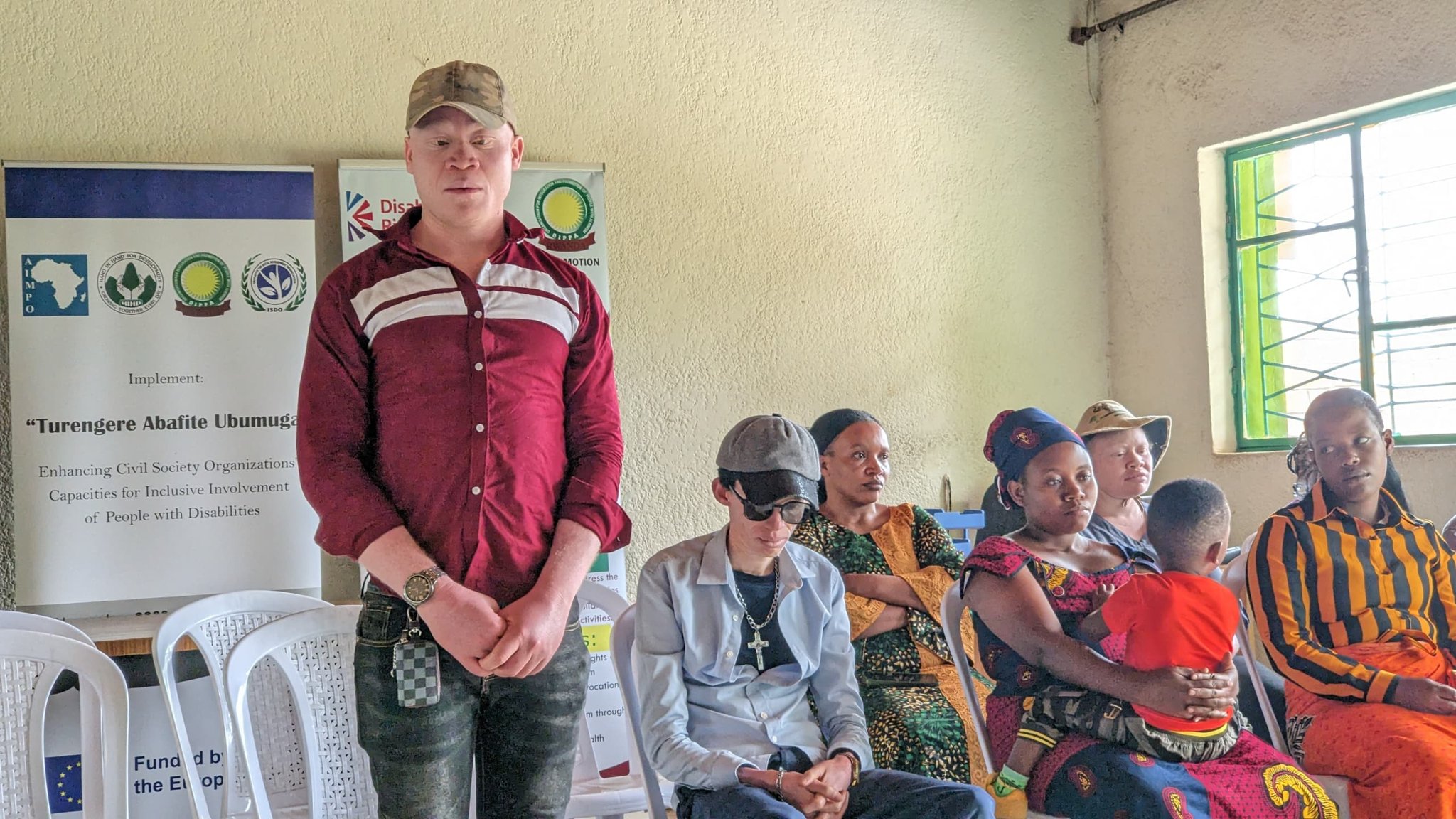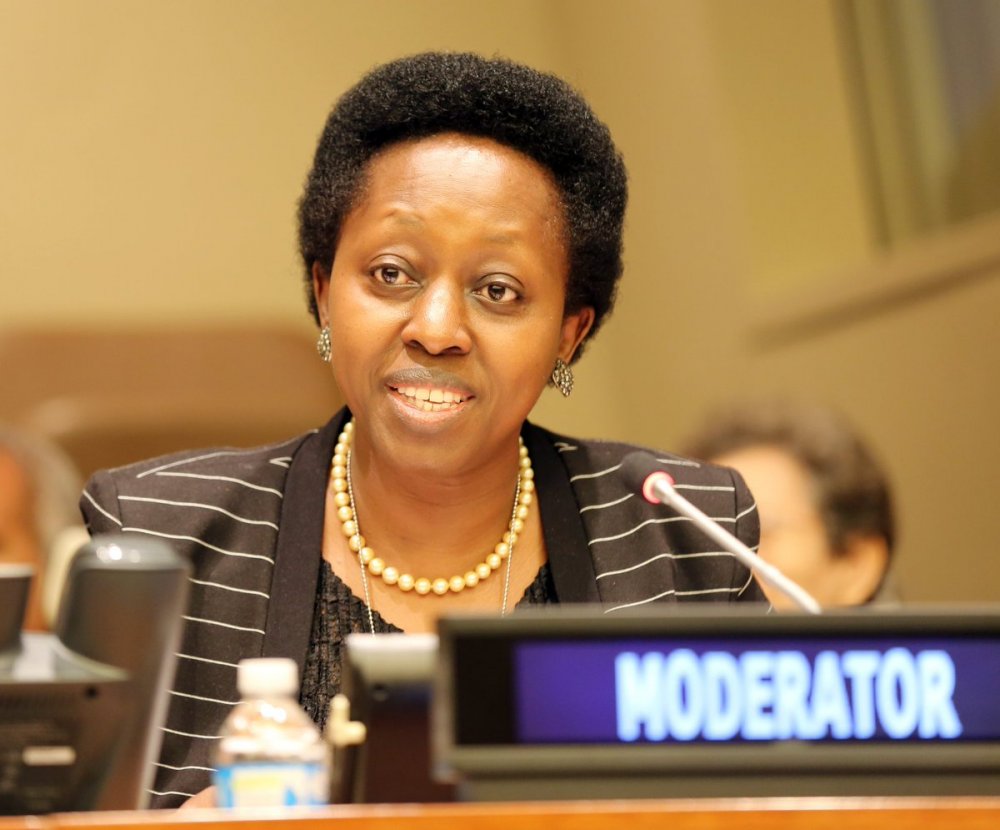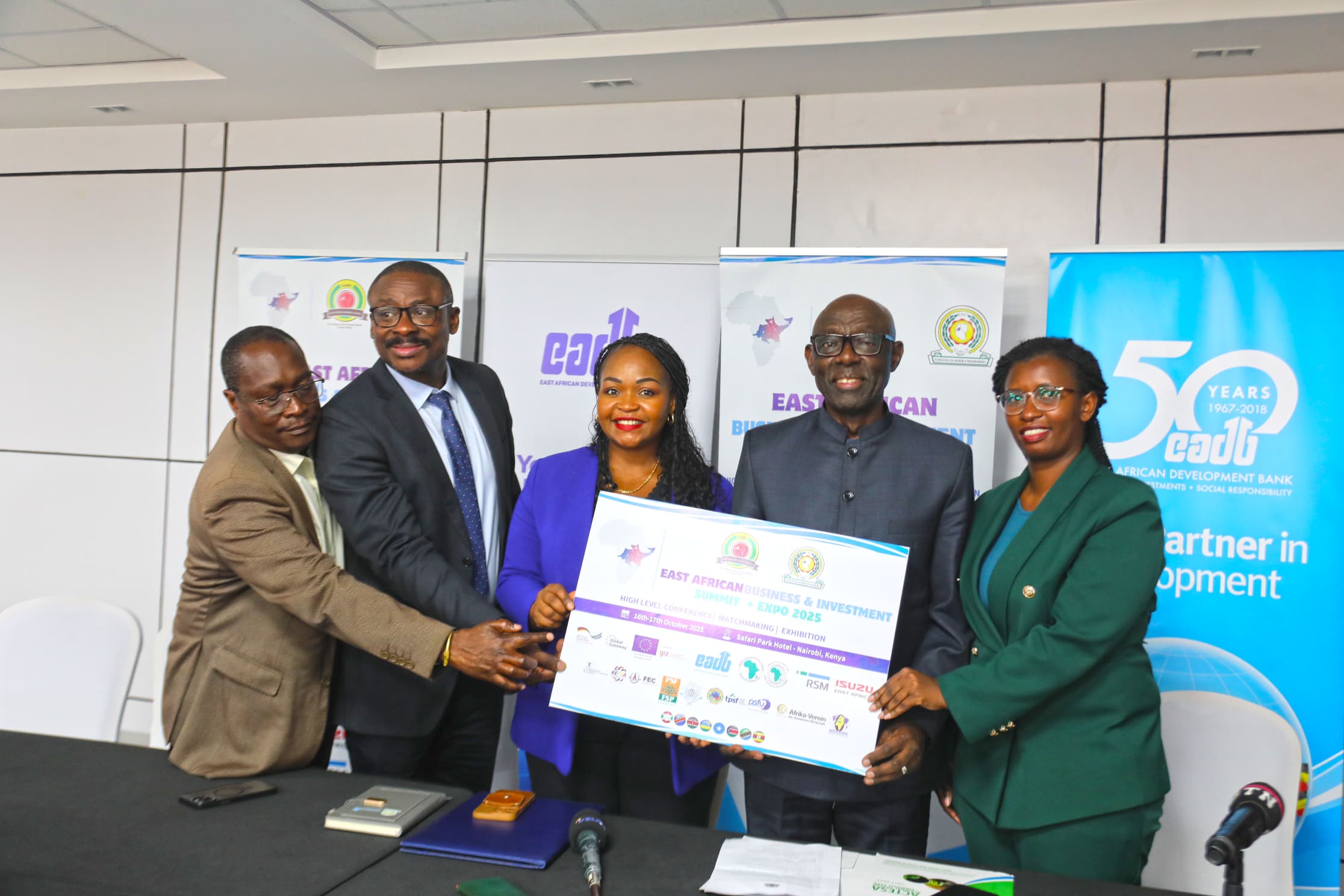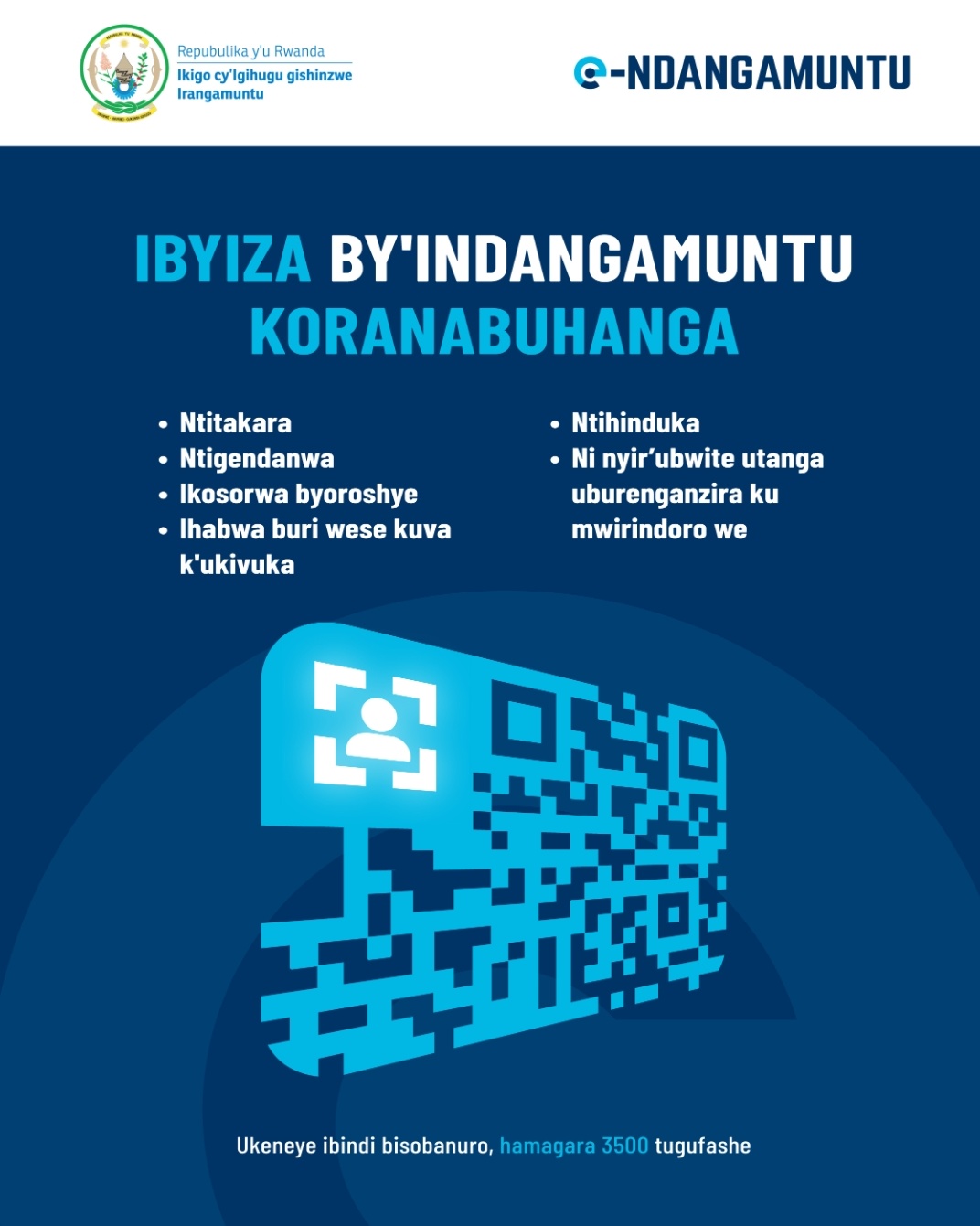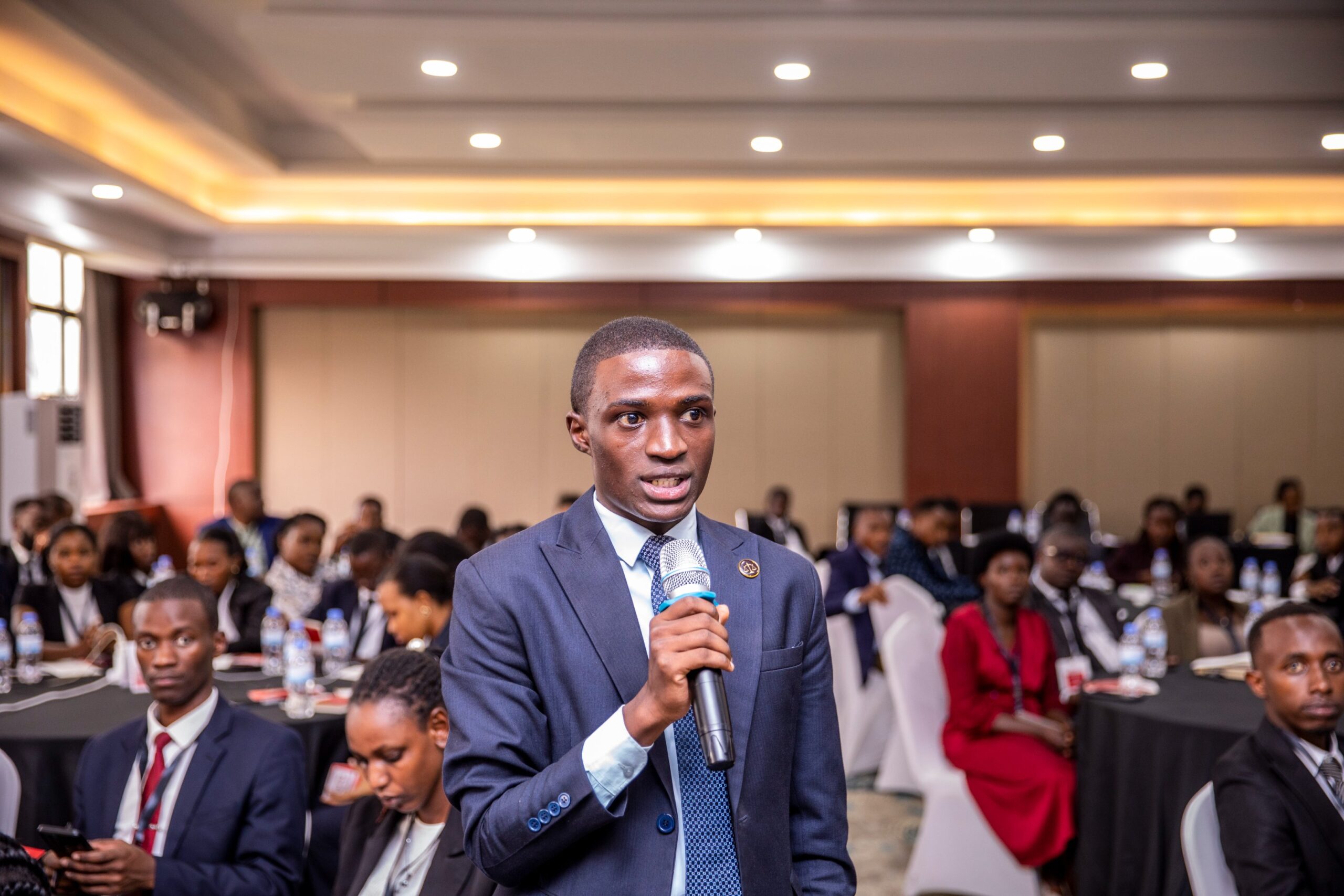
The Rwandan judiciary is working with institutions promoting amicable justice to engage law students at universities in volunteerly preventing a high number of cases from going to court, which take years to resolve.
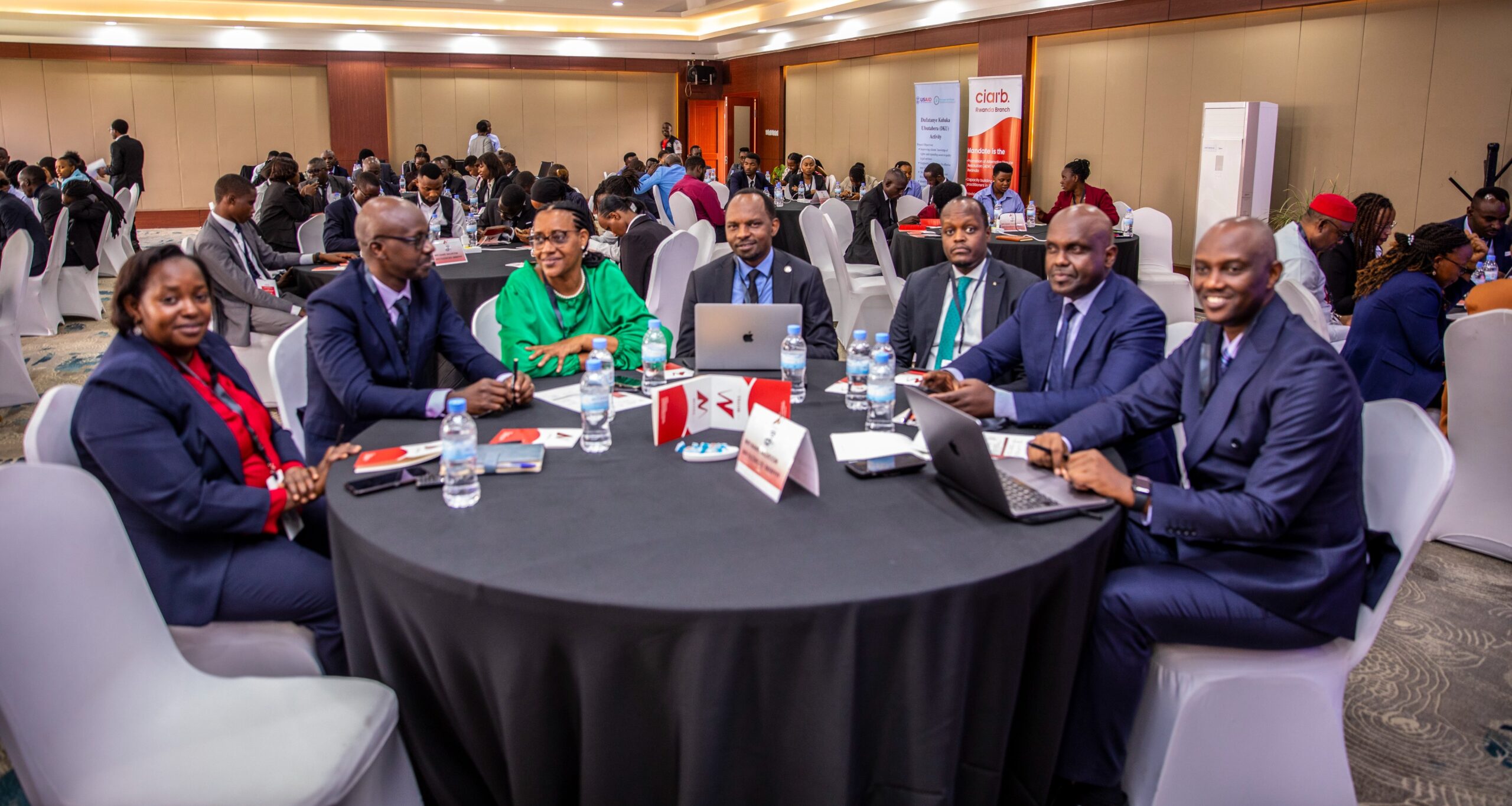
Officials from different institutions engaged in peaceful case resolution
During discussions organised by the University of Rwanda in partnership with the Chartered Institute of Arbitrators (CIArb), the Judiciary spokesperson, Harrison Mutabazi, noted that a judge in Rwanda is currently overwhelmed in handling an average of more than 20 cases each month.
Mutabazi stated, “These cases, regardless of their nature, present a significant burden as careful consideration is required. This is why I emphasize the disparity between the number of cases and available judges.”
He said that in the Nyarugenge Intermediate Court, for instance, there are only 10 judges handling nearly 4,000 cases awaiting adjudication, highlighting the need for alternative methods to support ordinary case resolution.
Minor disputes should not go to court
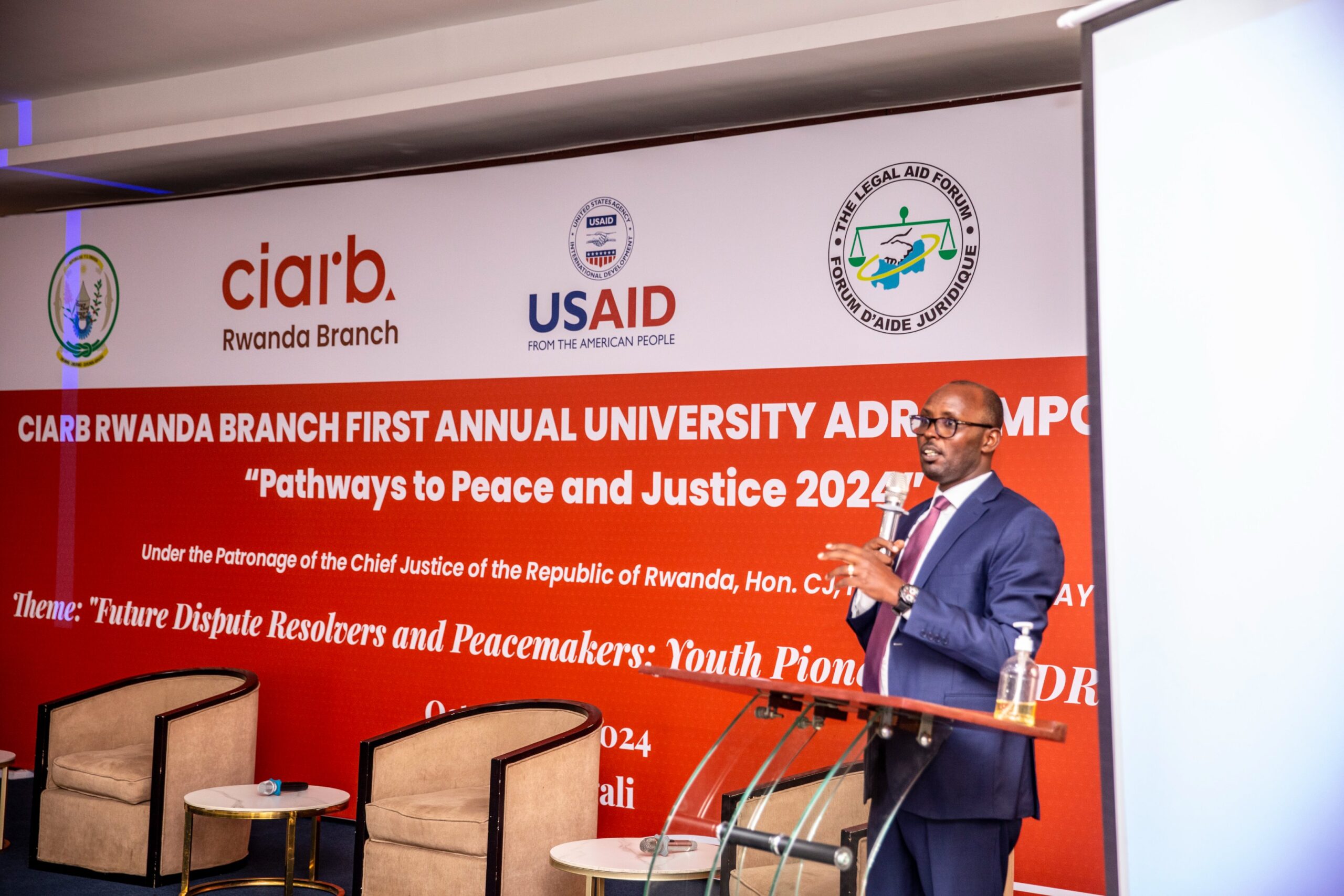
University of Rwanda’s Vice Chancellor, Prof. Muganga Didas Kayihura, said the institution is expanding a weekly program resolving disputes among students and with the community, to reduce the number of people rushing to court without prior agreement.
“When conflicts are resolved amicably, they do not recur. However, if people go to court, there is a possibility that the same issues will arise again due to unresolved grievances. Yet, when resolved amicably, people embrace each other and share a drink because they are satisfied with the outcome”, Prof. Kayihura said.
He noted that the community dispute resolution program conducted by students every Thursday at Huye campus, can serve as a model for students from other universities to promote amicable justice in Rwanda.
Prof. Kayihura emphasized that this program assists community members with disputes from the districts of Huye, Nyanza, Gisagara, and Nyamagabe, who come to resolve their issues before University of Rwanda’s students, and “they return home reconciled.”
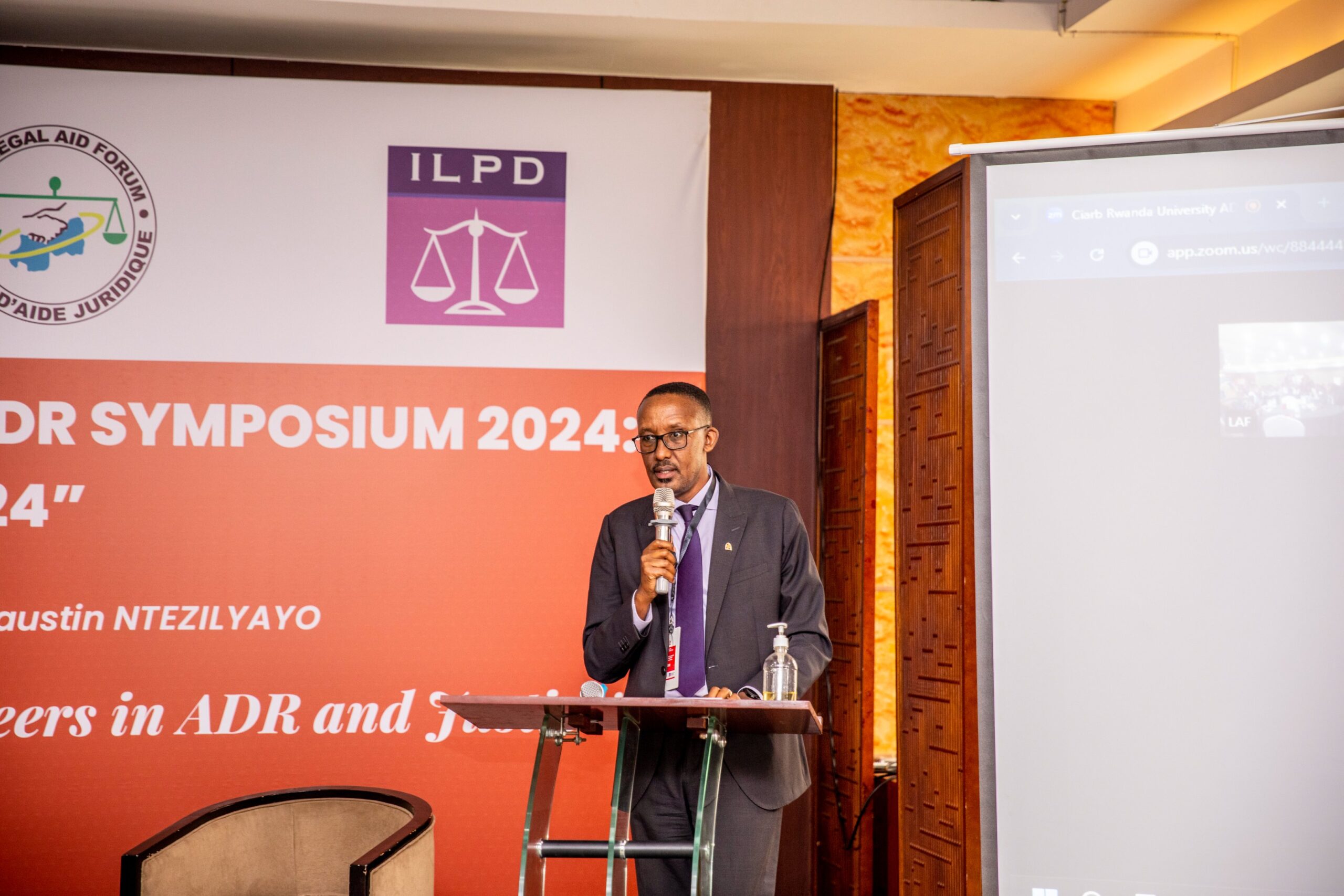
Chairman of CIArb, Rwanda Branch, Athanase Rutabingwa, urged university students to engage in mediation wherever they are, to help community members resolve conflicts locally, thereby avoiding time and substantial costs associated with hiring legal representation, which can start from 500,000 Rwandan Francs.
Andrews Kananga, Executive Director of the Legal Aid Forum, continued, “Courts do not mediate, they adjudicate. Conflicts exist in all sectors, including construction, business and many more sectors.”
“If you file a case in court, it may take two or three years for a decision, and even if you win, the opposing party may appeal, extending the process for another 10 years over issues that could be resolved in less than an hour”, Kananga took remarks.
Mediation bodies prefer courts to focus on serious cases involving homicide or severe bodily harm.
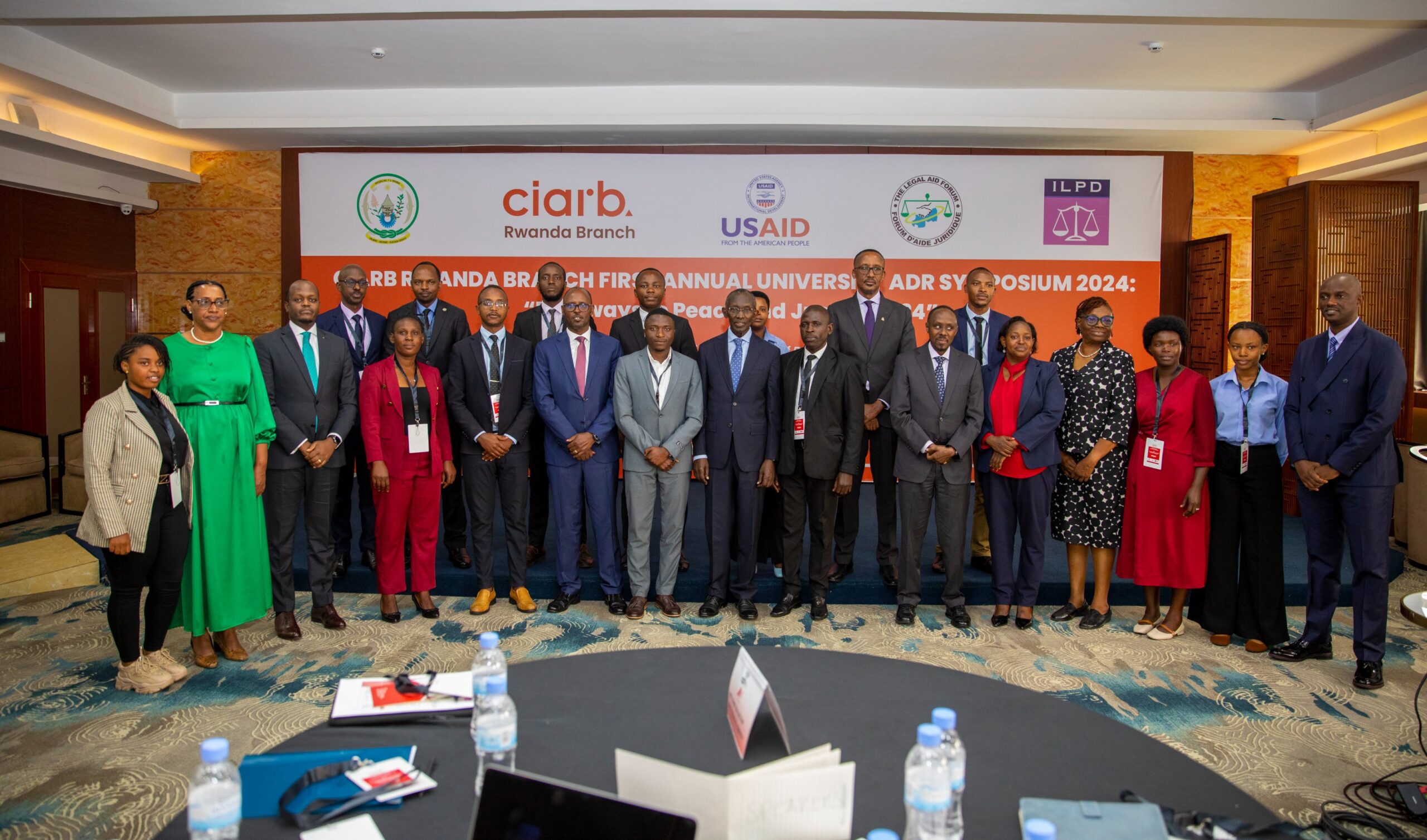
The Kigali International Arbitration Center (KIAK) has committed to assisting at least two students each month with training opportunities both domestically and internationally, along with internships in legal fields.
Ishimwe Lina, a third-year student at the Independent University of Kigali, noted that many disputes often stem from property conflicts, with a lack of respect between parties perpetuating the issues.
Ishimwe said, “In disputes of ‘they disrespected me,’ I must demonstrate the interests each person has in engaging dialogues and being humble.”
Probe Alleluia Iradukunda, a student at the University of Kigali, is committed to practicing mediation outside of court as part of a government initiative launched two years ago to prevent conflicts arising from court cases.



